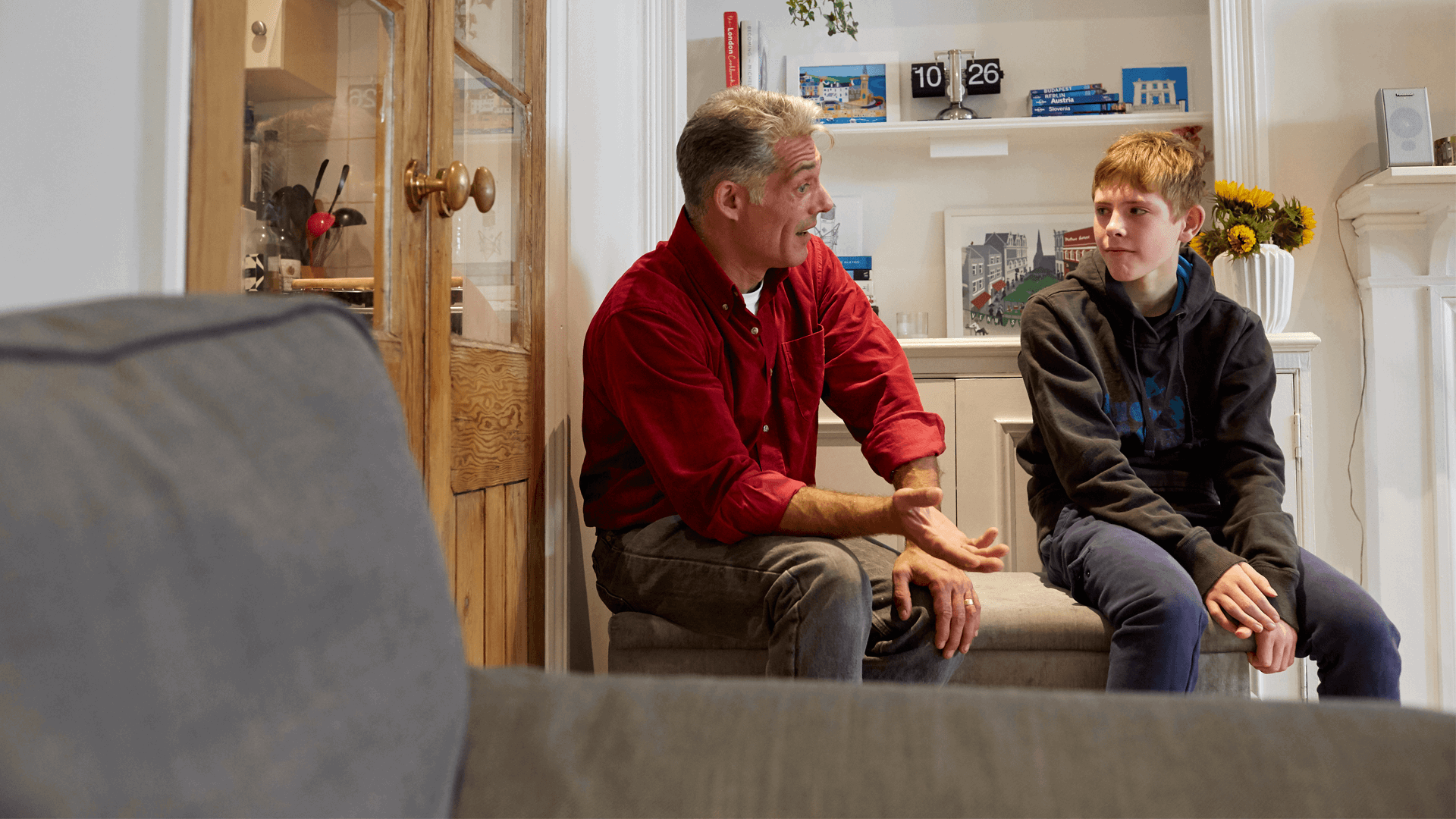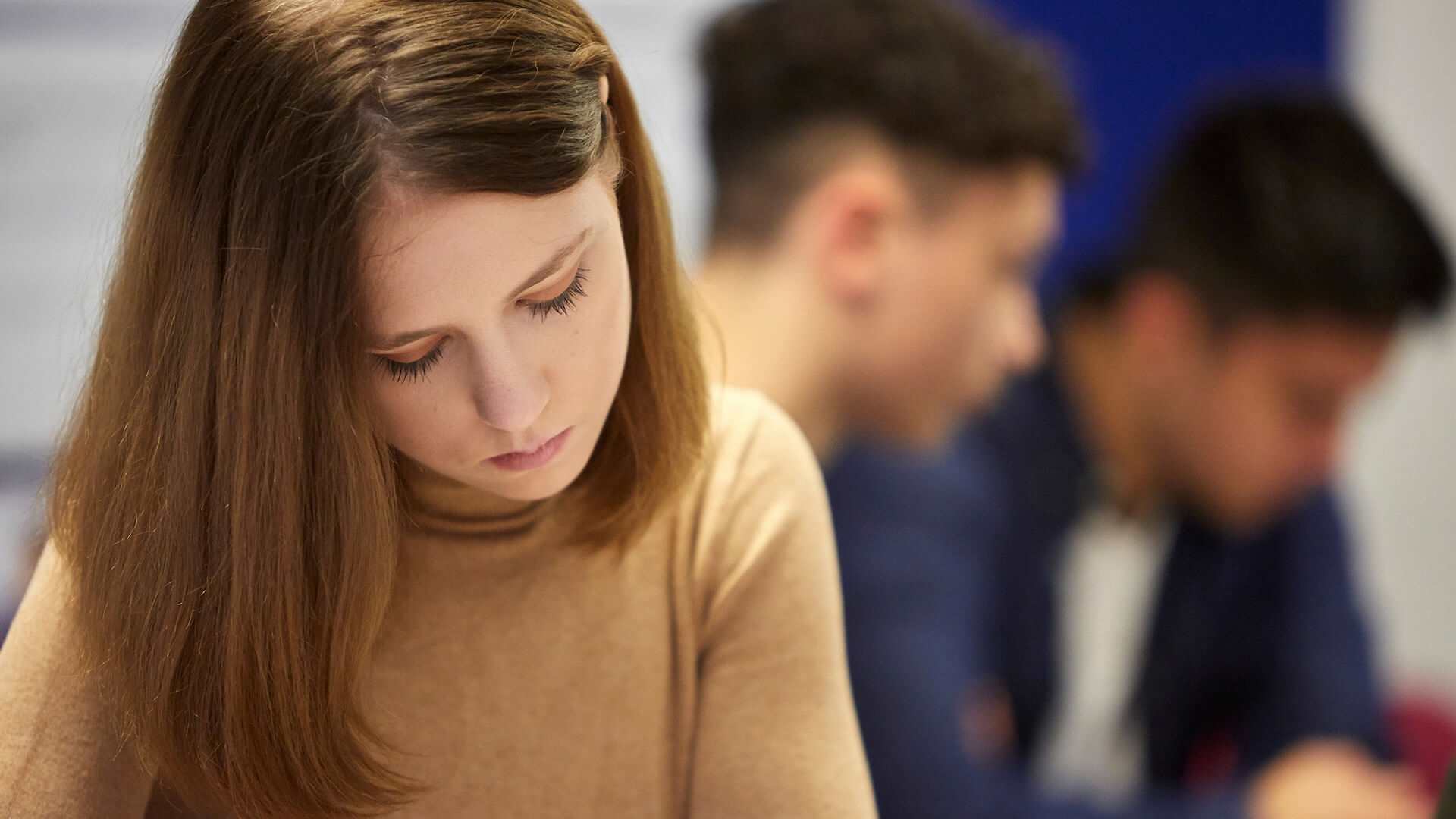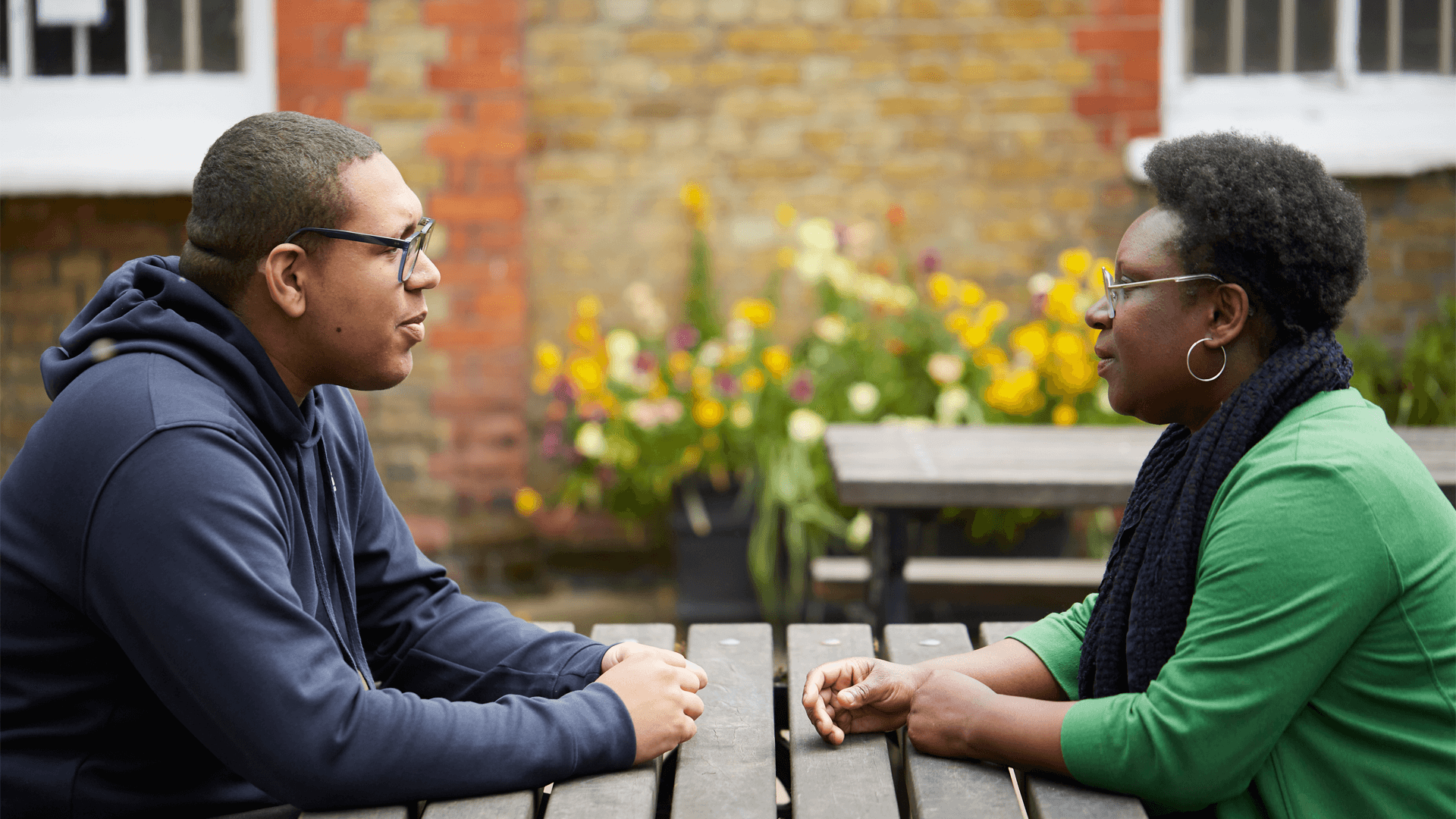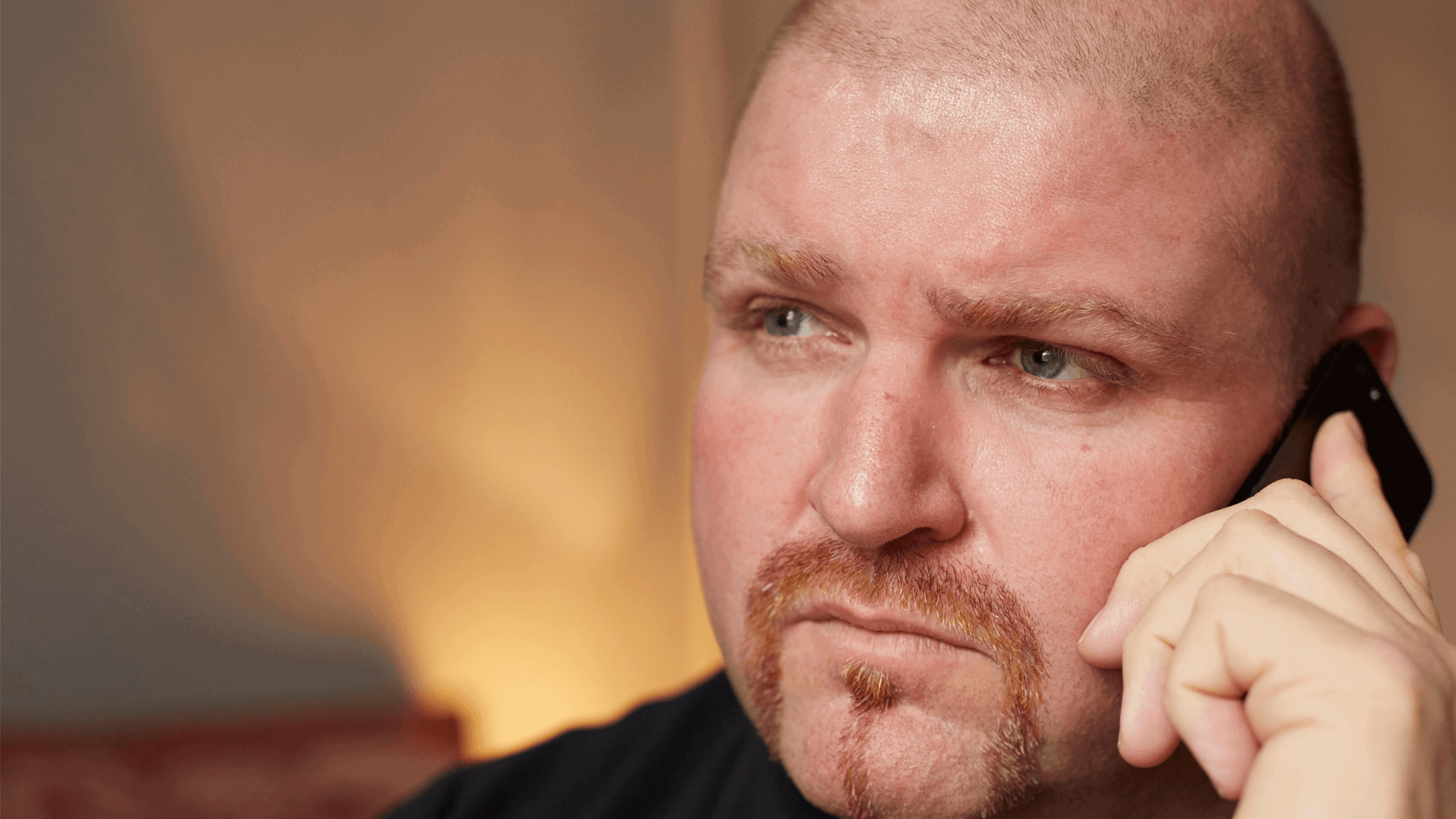1. Make a note of your concerns
Before speaking to a professional, make a note of your concerns and the times you have noticed particularly worrying behaviours or feelings. You can do this really simply by making a list on your phone. You can then take this with you to appointments to give the professional a clear sense of your child’s situation, and to support any requests for referrals.



